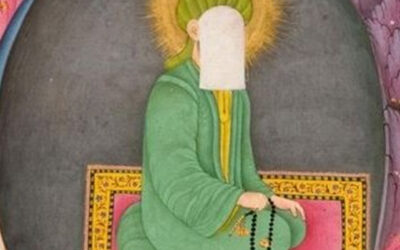Why Islam Is Incompatible with the West

![]() About the Author
About the Author

DANNY BURMAWI
Danny Burmawi is an Author, speaker, an advocate for religious liberty, and rational thought, a content creator, and social entrepreneur with a passion for transformative media and advocacy.
Related Posts
Muhammad: The Man Who Replaced God in Islamic Consciousness
Muhammad: The Man Who Replaced God in Islamic Consciousness In Islamic practical theology, Muhammad does not merely represent a prophet, he overshadows Allah himself. While Muslims claim to worship one God, the emotional, psychological, and even liturgical weight...
Islam and Lawrence Kohlberg 6 stages of moral development
Islam and Lawrence Kohlberg 6 stages of moral development In psychology, there's a theory by Lawrence Kohlberg that explains how people develop their sense of right and wrong. He says we grow through three main levels, six stages in total. As we mature, we’re...
Academia’s Manufactured Islam and Its Dangerous Consequences
Academia’s Manufactured Islam and Its Dangerous Consequences For decades, Western academia has attempted to redefine Islam, presenting it in a sanitized, palatable form for Western audiences. Scholars in postcolonial studies, interfaith dialogue, and Islamic studies...


